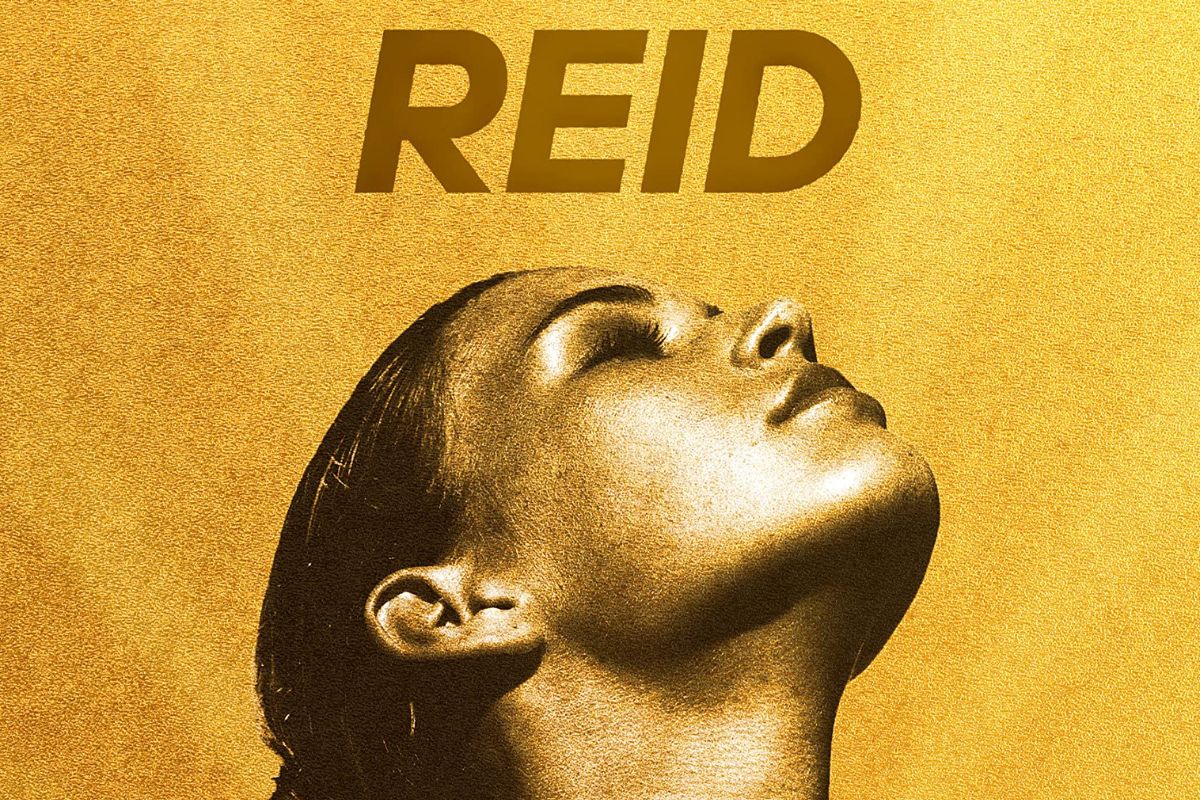Readers Raise Alarms About Taylor Jenkins Reid’s Upcoming Book
It's still #PublishingSoWhite

Everyone is talking about Taylor Jenkins Reid’s upcoming book, Carrie Soto is Back, and some of this is general excitement due to her popularity from writing Daisy Jones & The Six and The Seven Husbands of Evelyn Hugo (SHEH). However, a lot of the discussion has been around what are seen as problematic trends in her novel regarding race and the fact that another white author gets to continue to write people of color (POC) while publishing remains very white. Like 95% white as of 2020.
Back when this book was announced in February, Jesse (Bowties & Books) expressed concerns about the premise of this book. The novel is sold as a Latina tennis champion, Carrie Soto, coming out of retirement when an up-and-coming British player, Nicki Chan, is set to break her record. Jesse pointed out how weird it was that a white actor would place POC against each other (in an overwhelmingly white sport), especially with a rise in anti-Asian bigotry and persistent devaluing of certain individual accomplishments due to the Model Minority Myth. (Until recently, many, including Jesse, thought Soto was white or Asian, but still, the point remains since learning she’s Argentinean American.)
Several months later, Jesse elaborated in a video on issues in SHEH and admitted they felt nervous in calling the synopsis alone problematic. However, in rereading SHEH after a bad time with Mailbu Rising, they noticed an alarming trend.
Now we have a pattern on how Taylor Jenkins Reid uses race in her novels … to make very specific points, and I don’t like it. I don’t like it at all. I find it troubling and problematic.
Jesse stressed they weren’t criticizing in order to “drag” the author or the books, but that Reid needs to hear criticism from POC reviewers so that she doesn’t keep making the same mistakes. They referenced how J.K. Rowling got very little criticism from marginalized communities for years and how all the red flags were there before she became a full-on TERF.
I know I didn’t see actual criticism of JK Rowling’s handling of gender and race until someone I know of a different background read some of the book (and watched the movies) in their 30s. She pointed out things that didn’t feel right, and I remember softly pushing back on it because it felt like an attack on my identity at the time.
Now, BookTok takes notice
While Jesse has been brewing on this for a while, the fact that the book comes out in just a few weeks means that more people are talking about it and seeing issues, too. Some of the most high-profile Latinx creators on BookTok (the reader side of TikTok) questioned why white authors keep getting to write about POC, but authors of color continue to be marginalized by all parts of publishing.
Bookseller and TikToker Adrian (a.k.a. BookPapi) even compared the situation to the American Dirt controversy from 2018. That book is still very popular in both library circulation and stores, if not so much online. Later, he followed up with a passage from Julissa Arce’s’ You Sound Like a White Girl and noted when white people write about POC and trauma, it’s them writing it for fellow white people and veers into white saviorism.
One of the most fashionable people on TikTok, let alone Booktok, Carmen (a.k.a. Tomes and Textiles) did what she does best and took this moment to continue to share books by Latinx authors about Latinas in sports. She even broke it down by type and age group, but still noted that it shouldn’t be that hard to find. Carmen didn’t even keep it to tennis specifically.
Carmen did read it, though, and once again laid out the issues with how much resources are poured into white authors writing stories about POC over our voices. She even pointed to how in a 2017 Bi.org Q&A, Reid acknowledges this issue and yet has continued to take up this space regardless.
“Damned if you do and damned if you don’t”
Another book reviewer and media critic, Marines (a.k.a. My Name is Marines), weighed in, too. Before getting into her response, it’s important to note that she has been engaging in this intimidating minefield of a wider demand for less all-white stories and the issues that often arise when white authors tell “diverse” stories. She talks to both readers and authors about this issue. Marines lists questions authors should ask themselves before taking on stories that include writing about their identity.
Her most recent video elaborated on this once more and confronted the idea of a “slippery slope” for artists and more so the false concept of “damned if you do, damn if you don’t.” These attitudes exist beyond publishing, but she keeps it very clear and uses a few big examples that are well known to everyone regardless of what genre you read.
This continued frustration wouldn’t be as much of an issue if publishing was at bare minimum reflective of the general population (from authors to executives and editors) and if POC authors weren’t siloed into writing stories of struggle and facing adversity, but that’s where we are.
(image: Ballantine Books)
—The Mary Sue has a strict comment policy that forbids, but is not limited to, personal insults toward anyone, hate speech, and trolling.—
Have a tip we should know? [email protected]
